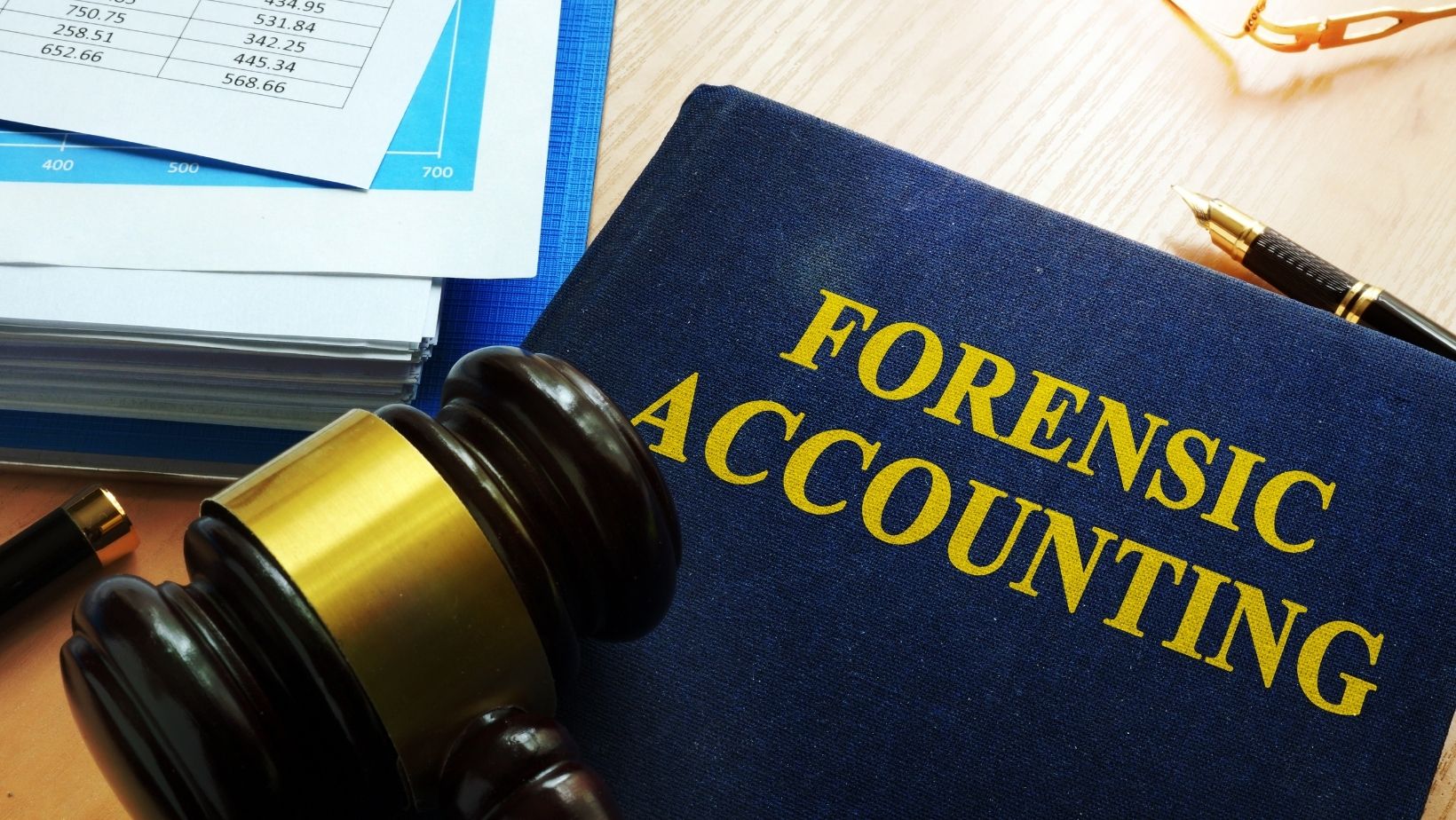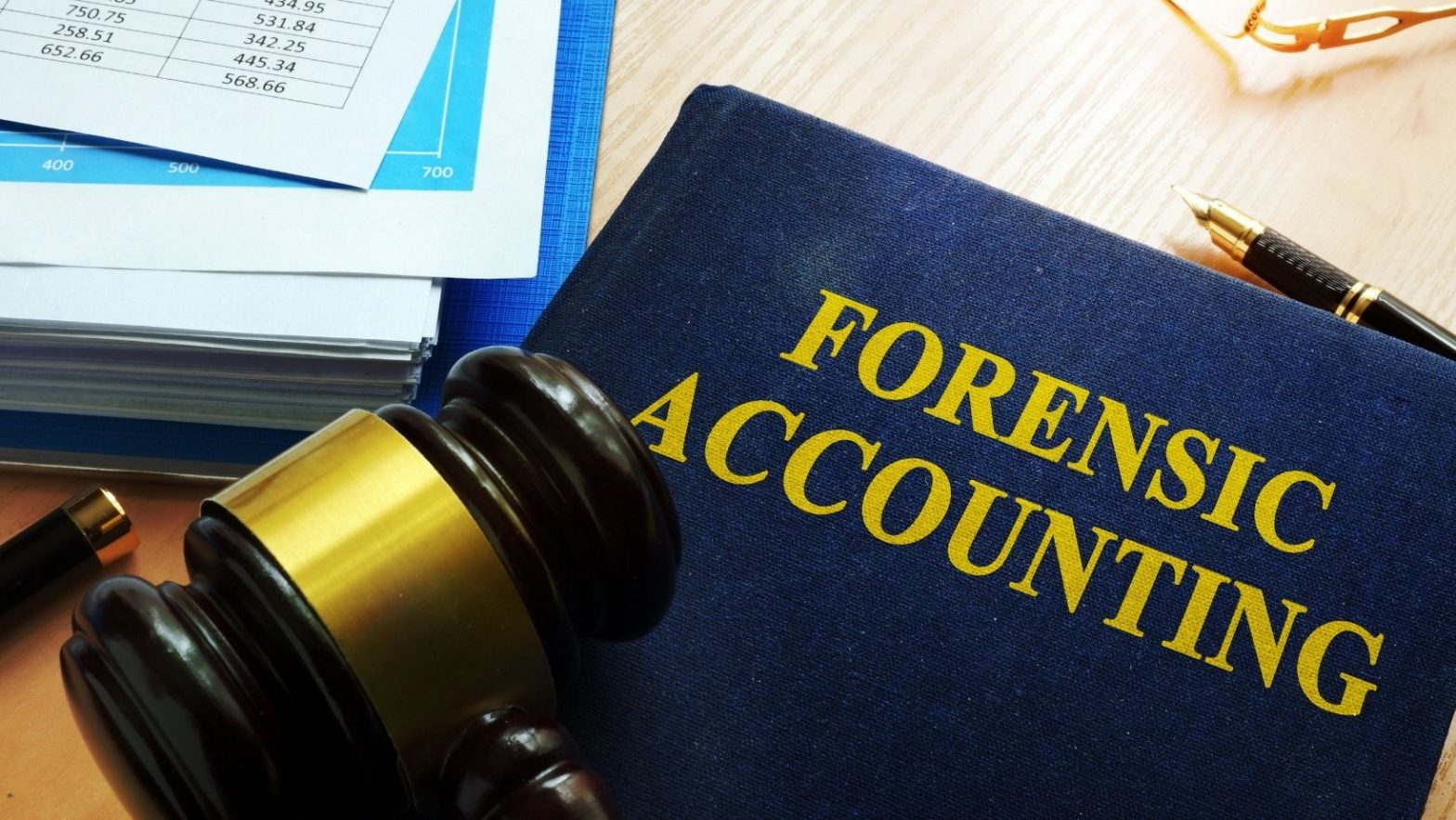Put simply, forensic accountants use their skills, training and legal knowledge to investigate discrepancies and inaccuracies, including fraudulent activity, financial misrepresentation or disputes and misconduct. The discipline is essentially a blend of accounting, auditing and investigation. Clients range from individuals going through a divorce (and who suspect their soon-to-be ex-spouse may be concealing assets) to small businesses and large corporations.
Forensic accountants conduct investigations to find out specific information, and identity particular irregularities in financial reports and documents. Once the precise losses are quantified, funds can be traced and recovered.
Forensic accounting should not be confused with internal auditing. It’s a separate discipline, which means that only specialist forensic accounting experts should handle this side of practice.
This branch of accountancy (sometimes called financial forensics and formally defined since the 1940s) is also about giving clients detailed reports of findings, outlining the way in which activities were carried out. Furthermore, these accountants can translate complicated financial transactions and data into terms which someone without any specialist knowledge can understand.
Many large, medium-sized and boutique accountancy firms incorporate a forensic accounting department, while government and police agencies also often have these specialist teams.
It’s not all about fraud …
One common misconception is that forensic accounting is all about tracing criminal activity, although the discipline is often used in fraud and embezzlement cases. In truth, there’s more to it than fraud investigations.
Other areas of work can include:
- Professional negligence
- Loss of profits calculations
- Commercial litigation
- Serving in an expert witness capacity
- Preparing analytical date for court
- Forensic analysis of financial data
- Forensic research to trace funds and identify assets to recover
- Matrimonial work
Some clients also hire forensic accountants on a preventative basis, to minimise the risk of financial issues and to build their standing as good practitioners. Additionally, forensic accounting is also about looking beyond numbers and figures to appreciate the commercial reality of a situation.
There are forensic accountants who specialise in sub-disciplines including personal injury or insurance claims, fraud, construction cases or anti money-laundering cases. It is important to ensure that the forensic accountant has the right specialism for your case
What we do at Hayes Forensics
We operate internationally specialising in forensic accounting for a wide range of client services including hidden asset and income tracing, matrimonial finances for divorce, litigation and dispute resolution plus forensic data collection and financial investigations.
Our specialist forensic accounting work also includes an analysis of the tax related issues as part of our standard procedures. This is a valuable resource which will often identify ancillary aspects of a case which can open the door to further opportunities for recovery. We are able to offer this unique insight from over 30 years’ experience in advising, implementing and negotiating complex cross border financial and tax structures.
Let us talk you through how we can work with you and your legal team, from the beginning, even before proceedings are served, though to final recovery. Get in touch today for further details on how we can help you.


